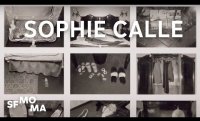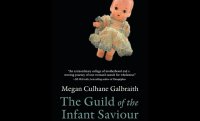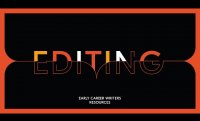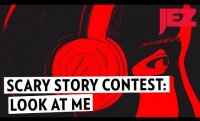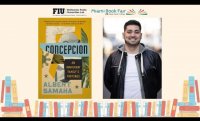Kick off the beginning of a new month by submitting to one of the following six contests, which all share a November 1 deadline. Poets, fiction writers, and nonfiction writers will find an abundance of opportunities in these prizes, with two of the awards being given in all three genres. All contests offer a cash prize of $1,000 or more, with the chance for one lucky fiction writer to win $15,000 and book publication.
Briar Cliff Review Writing Contests: Three prizes of $1,000 each and publication in Briar Cliff Review are given annually for a poem, a short story, and an essay. The editors will judge. Entry fee: $20 (includes a copy of the prize issue).
Brick Road Poetry Press Book Contest: A prize of $1,000, publication by Brick Road Poetry Press, and 25 author copies is given annually for a poetry collection. Keith Badowski and Olivia Ivings will judge. All entries are considered for publication. Entry fee: $30.
Fiction Collective Two Catherine Doctorow Innovative Fiction Prize: A prize of $15,000 and publication by Fiction Collective Two, an imprint of University of Alabama Press, is given annually for a novel, short story collection, novella, or novella collection. U.S. writers who have published at least three books of fiction are eligible. Cristina Rivera Garza will judge. Entry fee: $25.
Fiction Collective Two Ronald Sukenick Innovative Fiction Contest: A prize of $1,500 and publication by Fiction Collective Two is given annually for a novel, short story collection, novella, or novella collection. U.S. writers who have not previously published a book with Fiction Collective Two are eligible. Marream Krollos will judge. Entry fee: $25.
Malahat Review Open Season Awards: Three prizes of CAD $2,000 (approximately $1,622) each and publication in Malahat Review are given annually for a poem, a short story, and an essay. Conor Kerr will judge in poetry, Zilla Jones will judge in fiction, and Erin Soros will judge in creative nonfiction. Entry fee: CAD $45 (approximately $36), which includes a subscription to Malahat Review.
Nina Riggs Poetry Foundation Award: A prize of $1,000 is given annually for a single poem that examines relationships, family, or domestic life that was published in a book or magazine in the last three years. Entry fee: None.
Visit the contest websites for complete guidelines, and check out the Grants & Awards database and Submission Calendar for more contests in poetry, fiction, and creative nonfiction.





